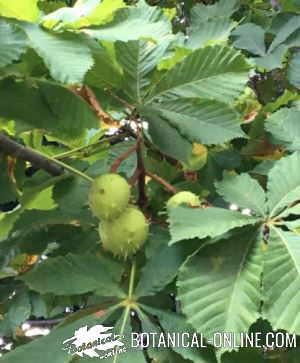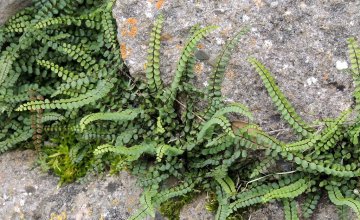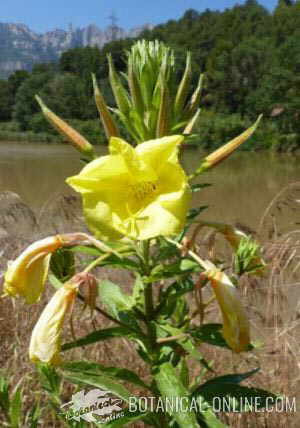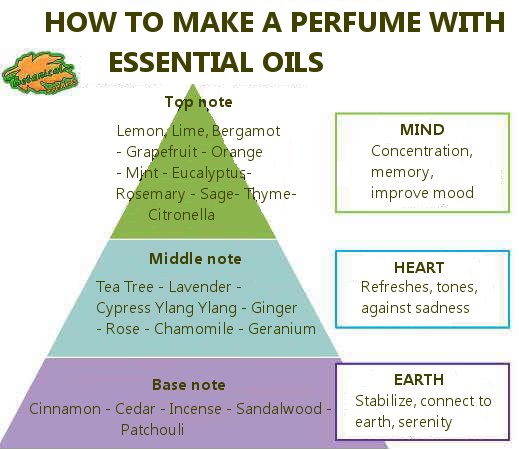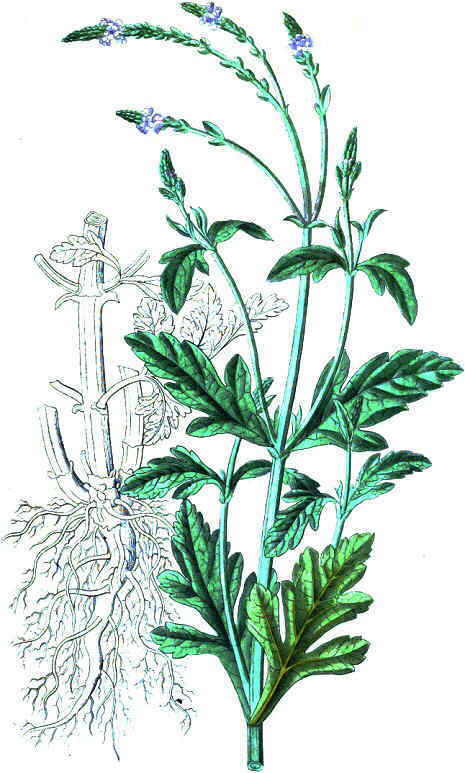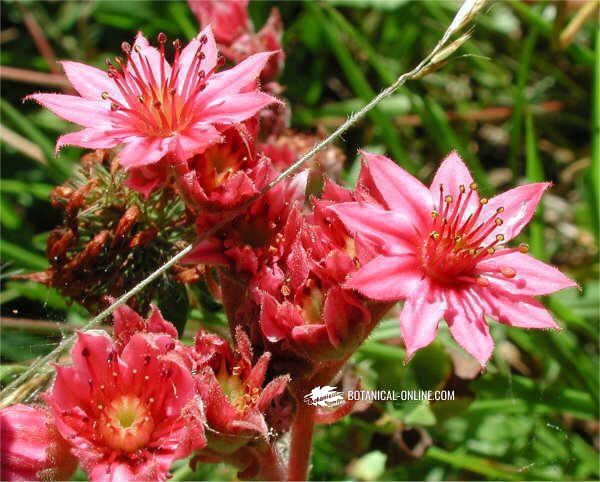Contents
- 1 EMMENAGOGUE REMEDIES FOR MENSTRUATION
- 1.1 What does emmenagogue mean?
- 1.2 How do emmenagogues work?
- 1.3 What components of plants are emmenagogue?
- 1.4 What are emmenagogue plants used for?
- 1.5 Emmenagogues during pregnancy
- 1.6 EMMENAGOGUE MEDICINAL PLANTS
- 1.7 Strong emmenagogue home remedies
- 1.8 Rue, emmenagogue plant par excellence
- 1.9 Wormwood and other plants with thujone, other strong emmenagogues
- 1.10 How to take emmenagogue remedies?
- 1.11 Contraindications of emmenagogue plants
- 1.12 Emmenagogue plants of medium strength and mild effect
EMMENAGOGUE REMEDIES FOR MENSTRUATION
What does emmenagogue mean?
It is said that a principle is emmenagogue when it is able to promote and increase menstruation.
Emmenagogue medicinal plants are those that are used to remedy poor or irregular menstruations. There are also official or allopathic drugs, with emmenagogue properties.
How do emmenagogues work?
Emmenagogues increase blood circulation in the pelvic area and uterus.
By increasing the blood supply to these muscles, these plants stimulate this area, which is what induces an increase in menstruation.
What components of plants are emmenagogue?
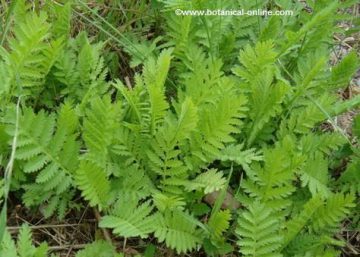
Some emmenagogue active principles of plants are: rue methylnonylketone, thujone (alpha-thujone, beta-thujone), apiol, betaine, butylidene-phthalide, sabinol.
What are emmenagogue plants used for?
They are useful for some abnormalities or disorders of the female sexual system, such as in cases of dysmenorrhea (irregular or painful periods), amenorrhea (temporary lack of menstruation), premenstrual syndrome, and other menstrual problems.
Emmenagogues during pregnancy
Emmenagogue plants can have a strong effect and produce unwanted adverse effects. When their effect is very strong, they are usually considered abortifacient, because they induce abortion.
The milder emmenagogue plants do not usually produce these effects, however it must be taken into account that they can also exert an abortive effect in people with marked pelvic weakness or in complicated pregnancies.
Therefore, emmenagogue plants should not be used during pregnancy. And this must be asked in the event that edible wild plants are consumed, because sometimes this ingestion can occur involuntarily. In the case of mild emmenagogues. It is advisable to consult with the doctor before taking any preparation if a woman is or suspects that she is pregnant.
EMMENAGOGUE MEDICINAL PLANTS
Strong emmenagogue home remedies
Among the main emmenagogue plants with a strong effect are:
List of strong effect emmenagogue plants:
|
Rue, emmenagogue plant par excellence
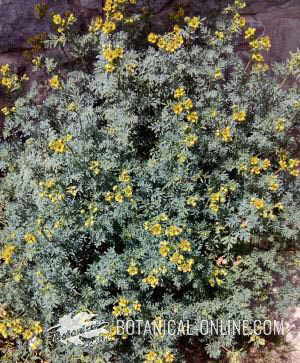
Rue (Ruta graveolens L.) is one of the most powerful emmenagogue medicinal plants, which promotes menstruation with any of its preparations. Its action is due to its toxic principles – arborinine, graveolin, graveolinin, cytisine or methylnonylketone.
This last component, methylninyl ketone, also provides oxytocic properties (stimulating effect of the uterine muscle), which is why the infusion of rue is traditionally used for amenorrhea (lack of menstruation). It is only prescribed once the absence of pregnancy has been proven. It is taken 1 week before the date of the period.
Wormwood and other plants with thujone, other strong emmenagogues
Besides rue, which is probably the most popular emmenagogue, there are other more unknown emmenagogue plants. Among these are those that are rich in thujone, a component of the essential oil of some plants such as wormwood (Artemisia absinthium).
Wormwood has strong emmenagogue effects for thujone. This principle produces increased blood circulation in the uterus, causing forced menstruation and abortions.
Sage (Salvia officinalis) and tansy (Tanacetum vulgare) are also very rich plants in this principle.
How to take emmenagogue remedies?
These plants can only be taken once the absence of pregnancy has been verified.
Some of them, such as those rich in thujone, can present some toxicity if they are taken in high doses or continuously. For this reason it is not recommended to consume these plants daily, but to carry out treatments of only 1 week, before the date of the period.
Contraindications of emmenagogue plants
Emmenagogues should not be used when there are problems with endometriosis or excessive bleeding. Its use is also not advisable if there are liver diseases, since emmenagogues principles, such as thujone, could have some toxicity.
Emmenagogue plants of medium strength and mild effect
Among other medicinal plants with emmenagogue properties, although less powerful than the previous ones, we can mention the following:
- Emmenagogues of medium strength: Saffron (Crocus sativus), Juniper, Virginia juniper, anise, St. John’s wort, black cohosh (Cimifuga racemosa), Wild carrot (Pastinaca sativa), St. John’s wort (Hypericum perforatum), yarrow (Achillea millefolium), Persian cumin (Carum carvi).
- Mild emmenagogues: Parsley, chamomile, calendula, wild marigold, cott0n lavender, rosemary, thyme, ginger, gentian, meadow sage, oregano, avocado, fennel, cherry, witch-hazel, verbena.
![]() More information on plants
More information on plants

